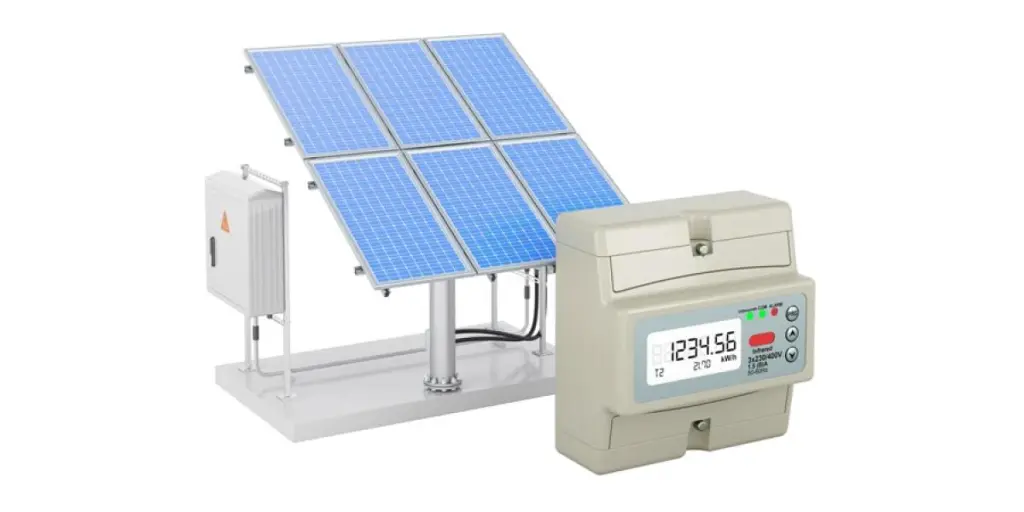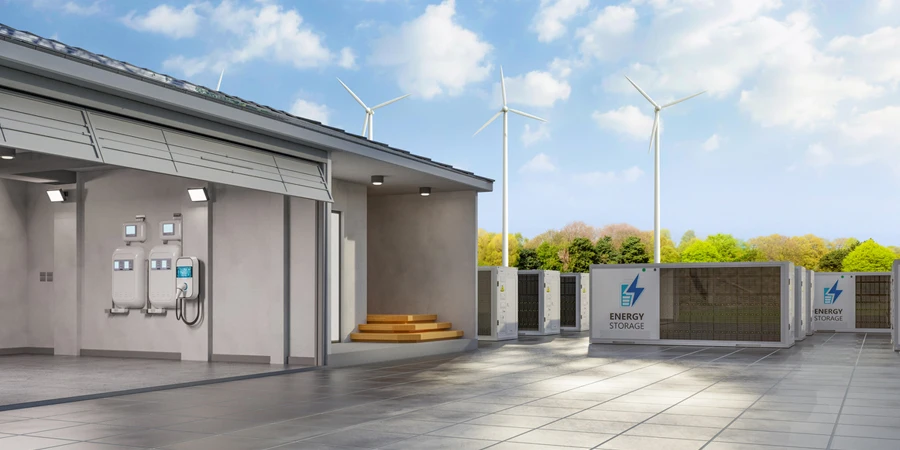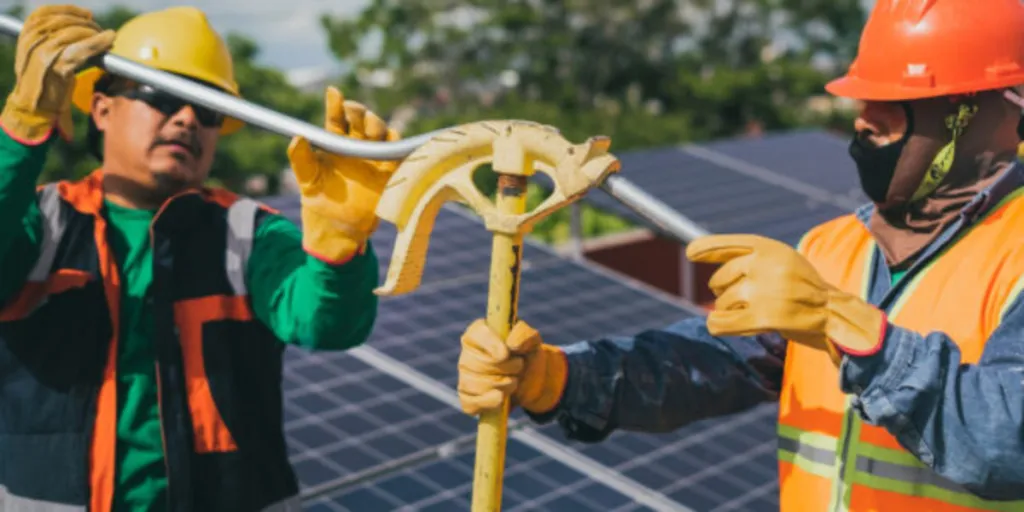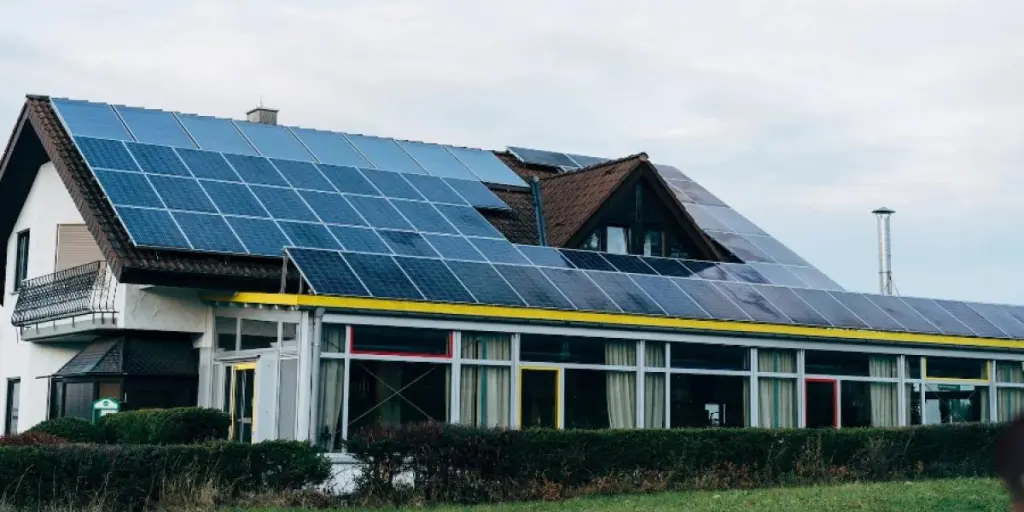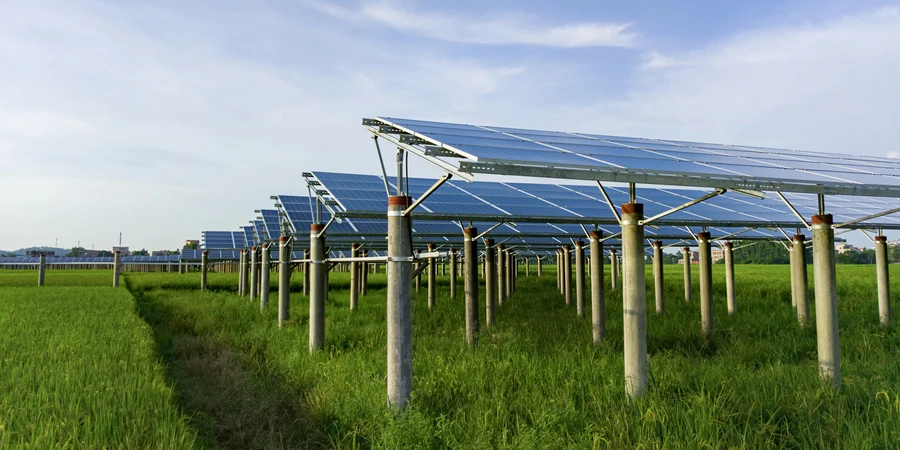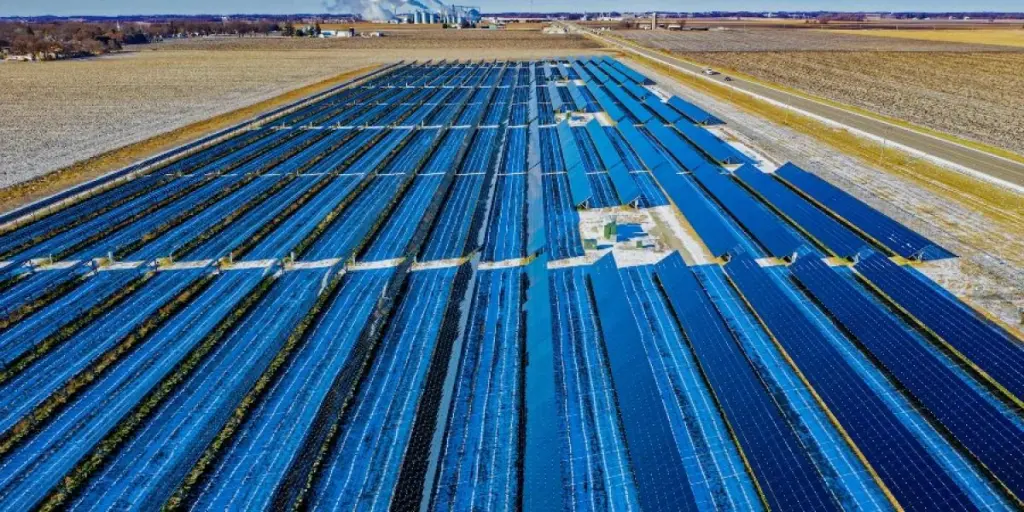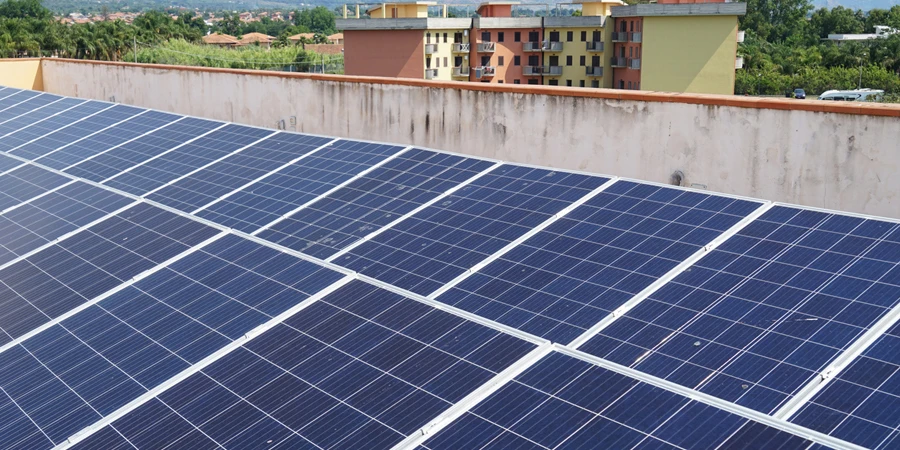- Idaho Power Company has switched to a net billing regime for on-site power generation after Idaho PUC’s green signal
- Sierra Club sees it bringing down average annual export credit rate from $0.088/kWh to $0.0596/kWh for rooftop solar customers
- The commission said it considered the argument that on-site generation should not create cost shifting between generators and non-generators, and that onsite generators should be given a fair value for their exported energy
Effective January 1, 2024, the Idaho state of the US has switched from net metering for rooftop solar systems to real-time net billing, after the state Public Utilities Commission (PUC) authorized the same on December 29, 2023.
Applicable for on-site and self-generation power generation systems, the commission’s Order No. 36048 was in response to an application of the Idaho Power Company to approve real-time net billing with an avoided cost-based financial credit rate for exported energy.
Under net metering, customers are compensated at ‘kWh-for-kWh’ for grid electricity used and power fed into the grid by the solar energy system, thus bringing down their electricity bills.
Idaho Power’s net billing structure, as approved by the PUC, will use real-time net billing for the customer at a retail rate, whereas the solar energy exported will get a value-based credit.
Idaho Power explains, “The export credit rate (ECR) will change from a kilowatt-hour (kWh) credit, valued around $0.1/kWh for residential customers, to a financial bill credit ranging from approximately $0.048/kWh to $0.17/kWh, depending on the time of day the energy is sent to the grid. The ECR value will be updated annually beginning in spring of 2025.”
According to non-profit Sierra Club, the new net billing structure is likely to lead to an average annual export credit rate of $0.0596/kWh, down from an average of $0.088/kWh. It says this PUC decision will make the cost of new solar panels ‘unreachable’ for most locals ‘potentially crushing local rooftop solar businesses in favor of corporate solar ownership.’
The commission explained, “In making its decision on Idaho Power’s application, the commission recognized that the fundamental purpose of on-site generation is to offset a customer’s own usage, that on-site generation should not create cost shifting between generators and non-generators, and that onsite generators should be given a fair value for their exported energy.”
The Chair of the Portneuf Resource Council (PRC), a clean energy, clean water non-profit, Mike Engle called the Idaho PUC decision ‘very disappointing.’ He argues, “The proposal willfully misleads the public on the value of rooftop solar to Idaho Power, ignores the huge environmental advantages of distributed clean energy and is likely to kill Idaho’s solar industry and the good paying jobs it brings to our state.”
Additionally, the Idaho PUC has also approved Idaho Power’s request to increase electricity rates in the state that came into effect on January 1, 2024, as well. It increases the service charge for residential customers from $5.00/month to $10.00/month, and will further go up to $150.00/month from January 1, 2025.
Notably, Idaho PUC’s decision follows California’s NEM 3.0 under which the state moved to a net billing structure, impacting demand for rooftop solar in the state. This is one of the major factors that several solar power companies have been citing in their recent financial results (see Troubled Times For US Solar PV Industry?).
According to the Solar Energy Industries Association (SEIA), California Public Utilities Commission (CPUC) has also made it hard for schools, farms and small businesses to fully benefit from their onsite solar generation, while also disallowing solar and storage customers from using excess energy generated to offset utility delivery charges.
SEIA forecasts California’s residential solar market to decline by 40% in 2024 and commercial rooftop by 25% from 2024 to 2025, leading to a loss of thousands of jobs.
Source from Taiyang News
Disclaimer: The information set forth above is provided by Taiyang News independently of Alibaba.com. Alibaba.com makes no representation and warranties as to the quality and reliability of the seller and products.
